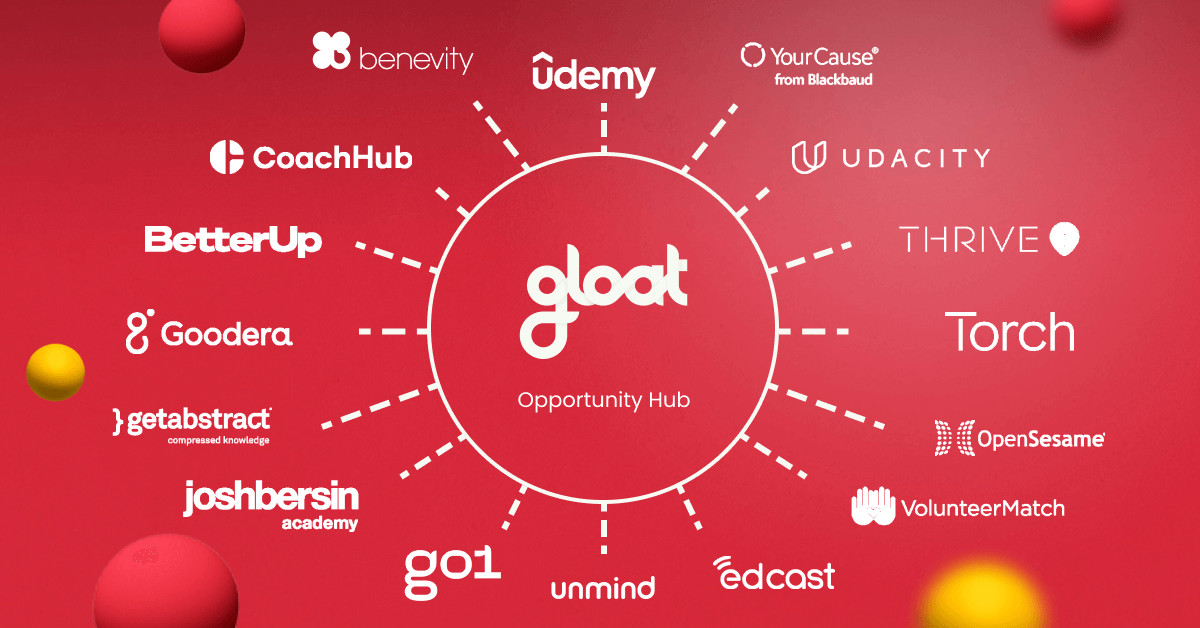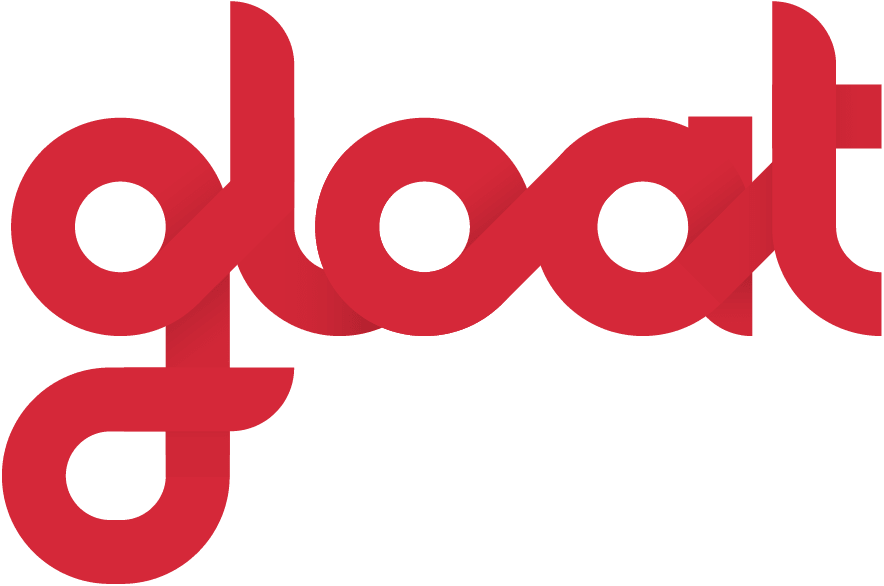How Opportunity Hub fuels the skills-based organization
Take employee development to the next level with Opportunity Hub

By now, most leaders recognize that talent management strategies need a shakeup. Rather than looking to jobs as the only unit of work, executives are setting their sights on skills. In fact, building critical competencies tops the list when it comes to HR priorities.
Market uncertainty only underscores the importance of embracing more dynamic operating systems, as a skills-centric strategy enables businesses to tap into every resource at their disposal and pivot quickly. Yet, while plenty of companies are moving skill-building to the top of their to-do lists, few are on the path to becoming a skills-based organization.
Making this shift requires more than a change in mindset; businesses must embrace cutting-edge technology that puts people at the helm of their professional development. Workforce agility platforms have recently come under the spotlight, in part due to their ability to enhance the employee experience. Opportunity Hub pushes this further and allows companies to create a single, unified destination for employee growth and experience.
What is a skills-based organization?
The idea of a skills-based organization is a relatively new talent management concept.
It’s not just a paradigm shift for talent management; shifting to a skill-based strategy also changes how work is organized and the way employees develop. Businesses that follow this approach look past jobs as the dominant way of organizing work. Instead, roles are broken down into projects and gigs, giving people a chance to hone new competencies and develop expertise in different areas of the business.
Skills-based organizations unlock greater agility because talent is reallocated to respond to changes in real-time. These businesses also recognize the dynamic factors that shape work and workforces; namely, that business priorities and employee ambitions evolve. The skills-based organization accounts for these variables and is built to efficiently respond to them.
How can businesses transition to become skill-based organizations?
Even if leaders understand what a skills-based approach to talent management looks like, it’s challenging to turn it into a reality. Traditionally, career development and L&D have been separated into two disparate functions, operating in silos despite their intrinsic connection. As a result, employees struggled to figure out how training would translate into more meaningful careers, causing many people to skip out on upskilling and reskilling opportunities.
Fortunately, Opportunity Hub is here to change that. You can think of it as the beating heart of the skills-based organization or the common ground that connects skills to projects, roles, and succession plans. By harnessing an open platform approach, Opportunity Hub integrates content from an array of best-in-class partners. As a result, employees gain access to coaching, learning, wellbeing, and volunteering in one centralized location that connects to their career pathing tools. In short, Opportunity Hub is what brings the idea of a skills-based economy to life.
4 ways to shift to a skills-based strategy with Opportunity Hub
#1. Integrate content and experiential learning
While compelling content is crucial, organizations must look beyond reading materials and training videos to maximize skill-building. As Amanda Nolen, co-founder of the educational transformation consultancy NilesNolen, explains, “Learning requires involvement beyond binge-watching videos. Would you let a surgeon operate on you if she has binged-watched videos of other doctors in the operating room? Building real skills, let alone expertise, needs a lot more than that.”
Opportunity Hub creates a unified destination for volunteering opportunities, coaching, coursework, and projects and gigs, so businesses can take an integrated, interdisciplinary approach to development.
#2. Give people the feedback they need to grow
Leading skills-based organizations aim to turn every outcome into a learning opportunity, even the negative ones. When an employee isn’t selected for an internal project or role, they shouldn’t have to guess why they weren’t chosen. Instead, workforce agility platforms give them direct feedback that links to development experiences in Opportunity Hub that will help people to close skill gaps.
#3. Instill a sense of purpose
Getting the entire workforce on board is one of the biggest challenges businesses face as they strive to become skills-based organizations. Even if senior leaders are on the same page, employees might be hesitant to prioritize upskilling and reskilling because past development initiatives haven’t led to career progression. These workers question the purpose of a skills-based strategy and wonder how they’ll benefit from it.
Opportunity Hub lets every team member connect the dots between learning and career growth. Employees can see how various coaching, learning, wellbeing, and volunteering opportunities will help them develop new skills and understand the role these capabilities will play in pushing their careers forward.
#4. Prioritize employee wellbeing
The burnout epidemic shows no signs of slowing down, with two-thirds of employees noting that their stress levels have increased over the past year. An uptick in workplace overload is bad news for skills-based organizations as studies show that stress negatively impacts learning and performance. Rather than letting burnout hinder skill-building, organizations can tap into Opportunity Hub’s built-in wellbeing resources to help employees stay in a growth mindset
If you’re looking to turn a skills-based approach into your organization’s competitive advantage, learn more about how Opportunity Hub transforms employee growth and development.







